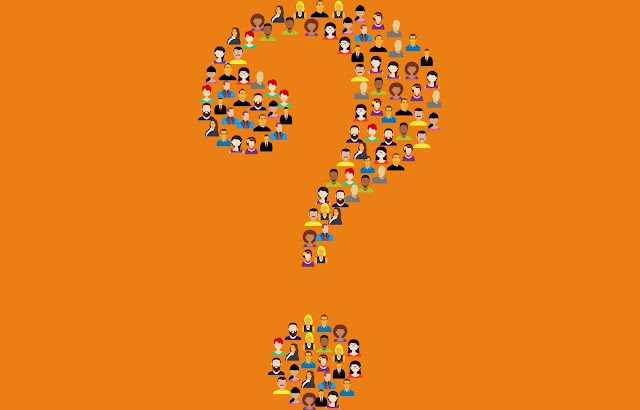Understanding Privilege & Entitlement
Some of the pedantic readers here will probably know what the word means and wonder why it isn't obvious to anyone who is a fluent
user of the English language. But the truth is, most people don't see any difference between the two. Perhaps because the word 'entitled' is also closely related to 'privileged'. It is yet another case of lost meaning thanks to the
unchecked misuse of words in the increasingly toxic social media space. I
actually got the idea for this post from a very close friend who shared
her disdain for the entitled during this pandemic crisis. I share her
sentiment but it made me question the actual meaning of the word itself
and I too was faced with the same linguistic smack as I saw the flaw in
my wordy ways.
It is no surprise that modern
English, like any widely spoken language, is extremely confusing once
you get into the details. I have come across the phrase "sense of
entitlement" to describe someone who has unreasonable demands based on
their advantageous position. Funnily, the word 'entitlement' is not
exclusively synonymous with 'entitled'. Using the Merriam-Webster online
dictionary, let's look at the differences. 'Entitlement' is a noun that
refers to a right to benefits specified by contract or law, or a
government program providing benefits to members of a specified group.
For example, your contract with your employer states certain benefits
and compensation in exchange for your services and your employer has to
uphold their end of the agreement and that is your entitlement.
Entitlement ALSO means the state or condition of being "entitled" which
is an adjective meaning having a right to certain privileges. That's the
key word to remember now - privileges. A privilege is defined as a
right or immunity granted as a peculiar benefit, advantage or favor
often in reference to a position or an office.
While
the use of the phrase "sense of entitlement" is correct, it seems
to distract from the key matter which is best described by the word
'privilege' or even 'entitled' and I'd urge you to try using these words
instead.
The problem of privilege itself is a tricky one. As a general rule,
I expect life to be unfair but never still. Some privileges stem from
nature while some are embedded in socioeconomic circumstance and both
feel outdated. Yet they are not. For all our talk and technology, humans
as a collective cannot let go of our destructive instincts. The very
instincts that got us to the top of the food chain many millennia ago.
Competitiveness, winning at all costs, protecting one's prized
possession or position, greed and fear of losing guide many of our
choices even today. Morals are often the fallback of those of us who
don't make it to the top. To justify why we didn't succeed while another
did. There will always be more losers than winners and the bigger that
divide, the sense of morals grows as well.
Today,
it is said that 1 per cent of the world's population has some form of
ownership over 99 per cent of key resources. Such a skewed balance is
the work of many lifetimes and each generation of winners finding new
ways to try and stay ahead of the rest. The title of "winner" is fickle
and so the fear of losing it to another is quite real. Even when the
losers use their large numbers to defeat the tyranny of a winner, there
begins an internal struggle to identify a new winner. Even if the
process is somewhat democratic and not privileged, votes are cast in the
hope of future favors. Everyone has different priorities so everyone is
promised different favors. The ones that do get their promised favors
then wear the badge of privilege. Heck, we even have marketing models wherein brands offer us "privileges" for a little extra money or frequent business. Most of us like the sense of feeling a little special, of getting a better deal than the next person and in the case of limited supply, getting it before someone else does. But when it comes to privilege based on race, caste, religion, gender or whatever reason that split people into groups, the matter is no longer in the hands of an individual.


Comments
Post a Comment